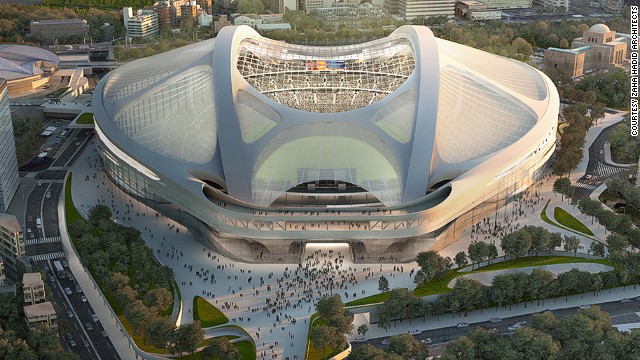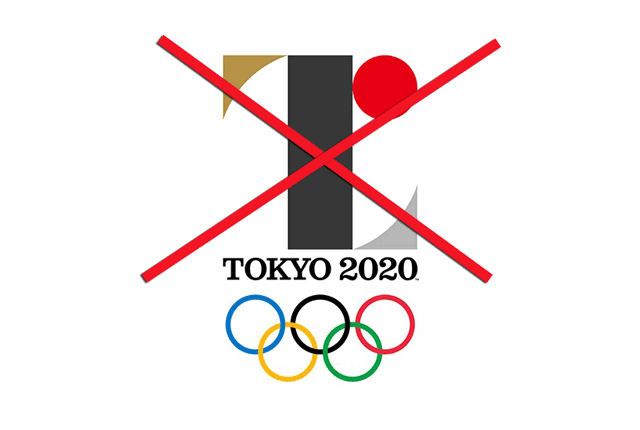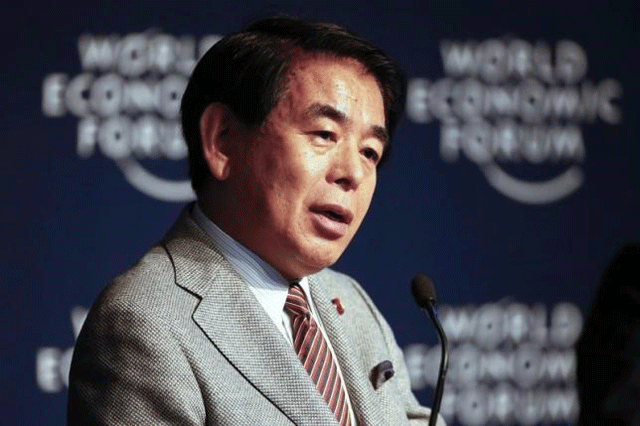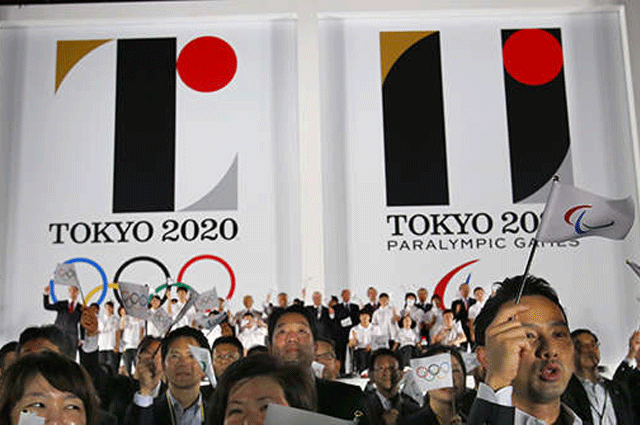From venue designs to logo plagiarism, many major aspects of the 2020 Tokyo Olympics games have been mired in controversy. But does that mean the event will be a total flop? Or can coordinators still claim a victory, like a highly trained athlete who might have botched a few plays, but still has some precious time left on the clock?
Such redemption may be in their reach, but that turnaround doesn’t appear to be happening just yet. The first major fumble came in July, when the design for the Olympic stadium (and its cost) grew so unpopular that coordinators had to scrap it. Then came the foul play of the Games’ logo designer, who was accused of plagiarism, resulting in that emblem also being cut from the proceedings.

Original stadium design from ZHA Architects. Image: CNN
And the controversies keep coming. On Monday The Asahi Shimbun reported that the Tokyo Games organizing committee did not inform the panel that selected the Olympic logo about how that emblem was modified before the plagiarism fervor and subsequent scrapping. The report says that, unbeknownst to the selection panel, the organizing committee asked logo designer Kenjiro Sano to make modifications, then unveiled the new modified emblem publicly, much to the panel’s surprise. Complaints about a lack of transparency in that process quickly followed.

Image: designboom (Slightly modified)
Those latest contentious developments were preceded by another controversy last week: the resignation of Sports and Education Minister Hakubun Shimomura, who felt compelled to bow out after the Olympic stadium’s projected costs swelled to twice the original estimate, totaling $2 billion. Reuters quoted the minister as saying “I have caused great worry and trouble to many of the people over the national stadium problem,” before adding that he will return half his pay for the past six months in contrition for the controversy.

Hakubun Shimomura. Image: Reuters
However, all is not lost. Athletic enthusiasts will no doubt be thrilled by the news that five new sports are being considered as events for the 2020 Games: baseball-softball, karate, skateboarding, sports climbing and surfing. On Monday evening local time, the Tokyo Games organizing committee announced the new sports, along with a statement quoted by the AP that read: “This package of events represents both traditional and emerging, youth-focused events, all of which are popular both in Japan and internationally. This will serve as a driving force to further promote the Olympic movement and its values.”
And that will be far from the only innovation on display at The Games. In fact, a recent roundup by Gizmodo makes a strong case for why the 2020 Tokyo Olympics will be the most futuristic Games yet. The list highlights several sci-fi like features that are being developed for the event such as artificial meteor light shows, hydrogen powered buses and buildings and – most impressively of all – a community of direction giving, translation offering robots that will turn Tokyo’s Odaiba “Olympic Village” neighborhood into what coordinators call a “universal future society.”
–Kyle Mullin
Featured Image: Associated Press









